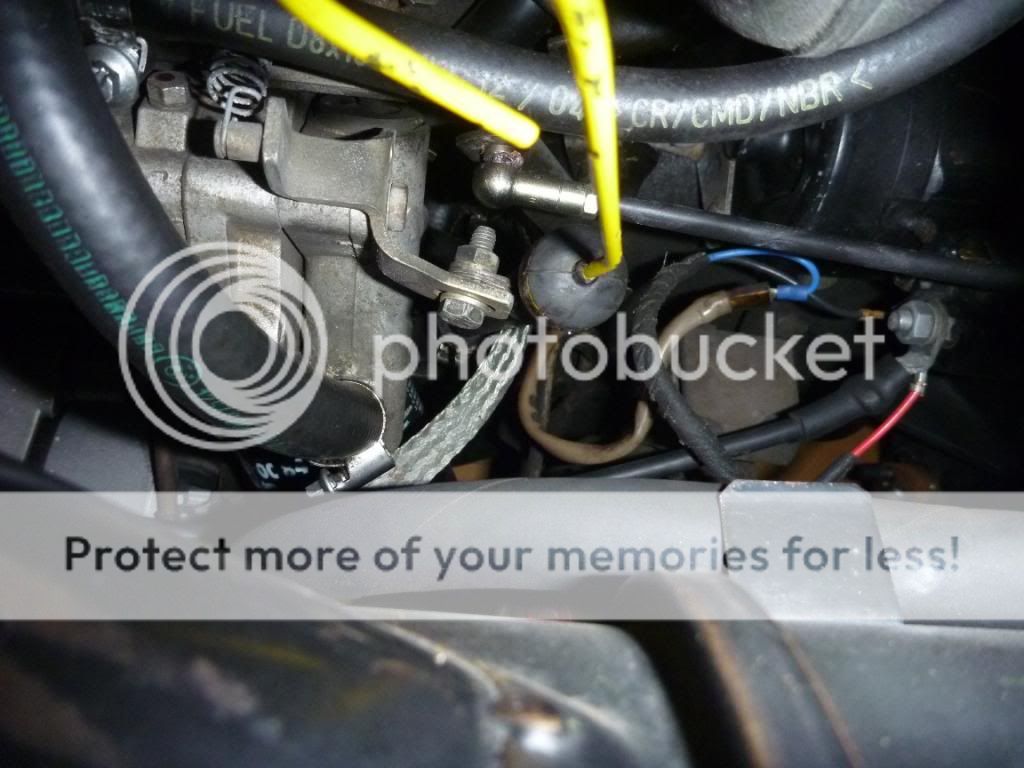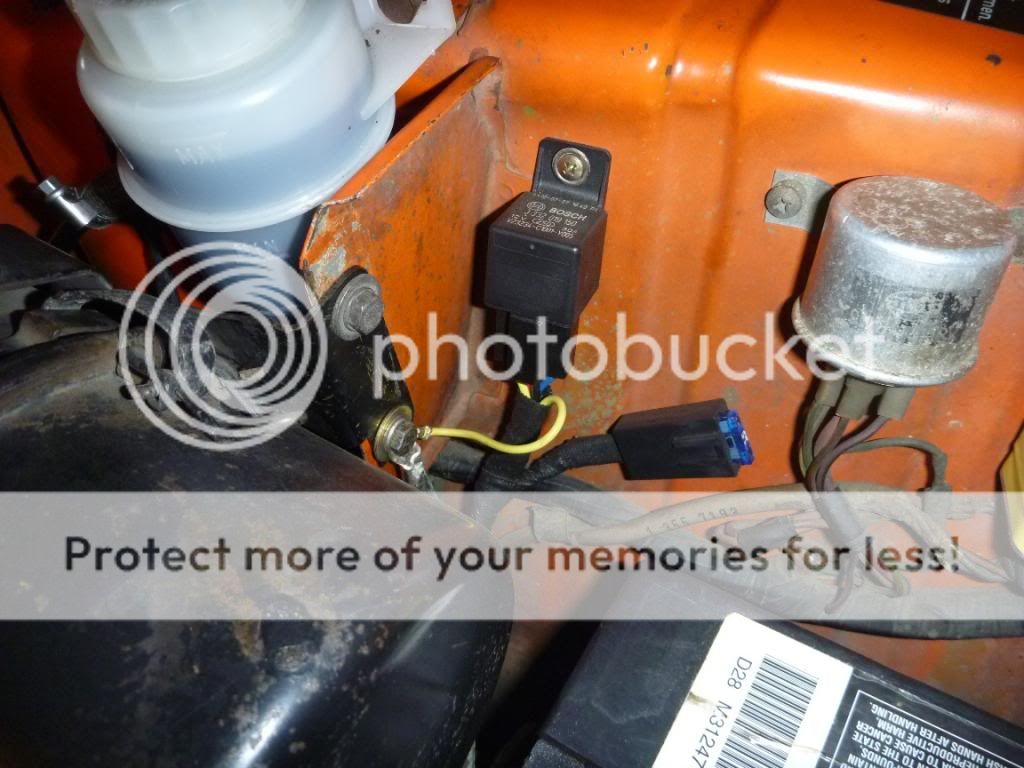Gernstetter
Well-Known Member
Dumb question, every so often my starter makes a loud noise akin to starting an already running car, any thoughts? Electrical connection issue? Need new starter? Flywheel problem (hope not)?
Thanks for your expertise in advance
Thanks for your expertise in advance










